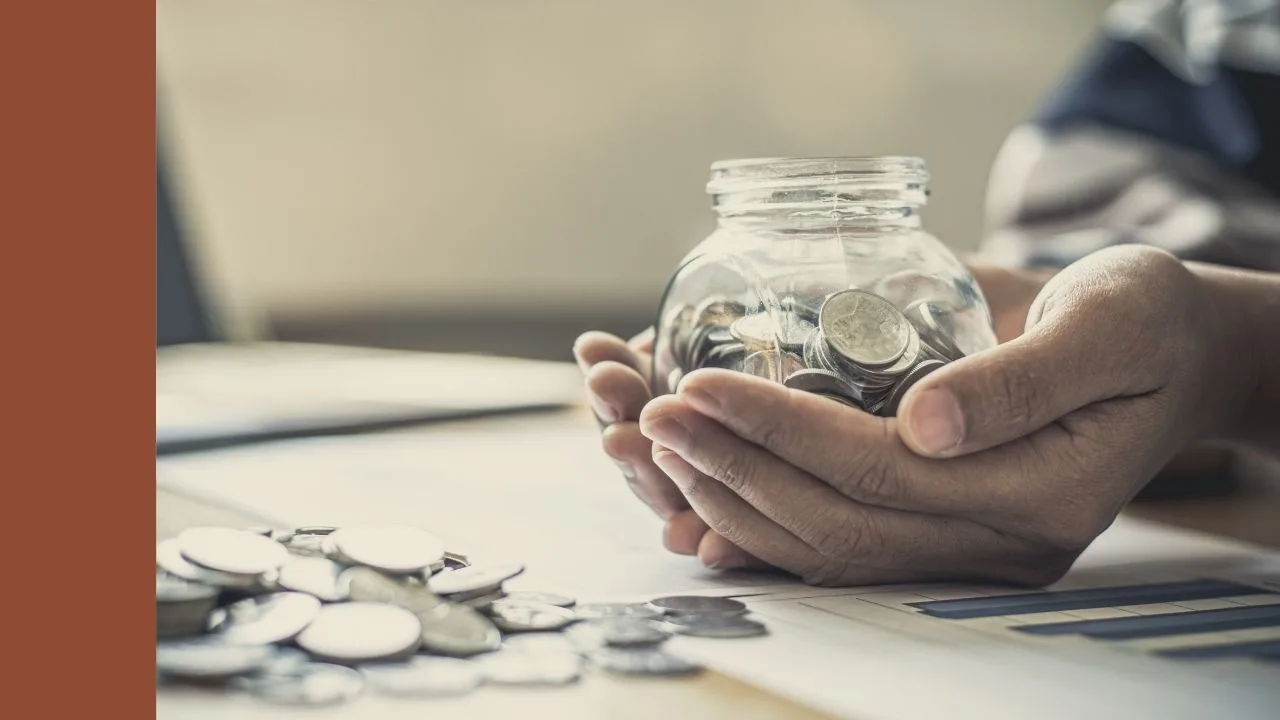Resources giant BHP Group Ltd (ASX: BHP) has reported its FY19 result to investors, is the share price a buy?
BHP is a world-leading resources company, extracting and processing minerals (like iron ore and copper), oil and gas, and has more than 62,000 employees and contractors, primarily in Australia and the Americas. Headquartered in Melbourne, BHP has shares listed on both the ASX and London Stock Exchange (BHP Billiton Plc).
Here’s What BHP Reported In FY19
BHP revealed that its revenue from continuing operations rose by 3% to US$44.23 billion. Discontinued operations refers to onshore US assets that were sold for US$10.8 billion.
BHP’s continuing operations underlying EBITDA (click here to learn what EBITDA means) fell by less than 1% to US$23.16 billion. Continuing operations profit rose by 1% to US$16.1 billion but underlying attributable profit declined by 2% to US$9.47 billion.
The company said that higher prices for petroleum, iron ore and metallurgical coal was offset by lower prices for copper and thermal coal.
Petroleum was the only resource to have more production (an increase of 1%), whereas copper saw a fall 4% of production, iron ore production was flat and the rest suffered a fall in production.
BHP Management Comments
BHP CEO Andrew Mackenzie said: “Our performance over the past five years has delivered an increase in volumes of 10 per cent and a reduction in unit costs of more than 20 per cent across our major assets.
“Over the 2019 financial year, underlying improvements in our operational performance were offset by the impacts of weather, resource headwinds and unplanned outages in the first half of the year.”
BHP Dividend And Balance Sheet
BHP’s dividend policy is to pay at least 50% of its underlying attributable profit each reporting period, equating to 53 US cents per share.
The Board is also going to pay an additional 25 US cents per share, bringing the final dividend to US 78 US cents per share, an increase of 13% compared to FY18.
That means, including special dividends, US$2.35 per share of dividends has been declared in FY19 – totalling US$11.9 billion. Total returns to shareholders has been US$17.1 billion including the share buyback.
BHP ended the year with net debt of US$9.2 billion. It was US$9.9 billion at 31 December 2018 and US$10.9 billion at 30 June 2018.
Is The BHP Share Price A Buy?
BHP expects its iron ore quality to help it keep getting a good price, however iron ore prices could be volatile as Brazilian iron ore production returns to normal.
Coal prices could be supported by growing Asian demand.
With copper, uncertainty about global trade has caused price swings, but demand should steadily grow over time. Trade has also affected nickel prices, but the electrification of transport will probably lead to rising demand and supply.
Oil prices were volatile, but demand continues to rise from the developing world.
BHP has been very good to shareholders over the past two or three years. However, I think we’re close to the top of the commodity cycle and it’s normally not a good time to buy shares – it’s better to wait until close to the bottom of the cycle.
That’s why I would rather invest in the reliable shares in the free report below at today’s prices.
[ls_content_block id=”14945″ para=”paragraphs”]
[ls_content_block id=”18380″ para=”paragraphs”]




